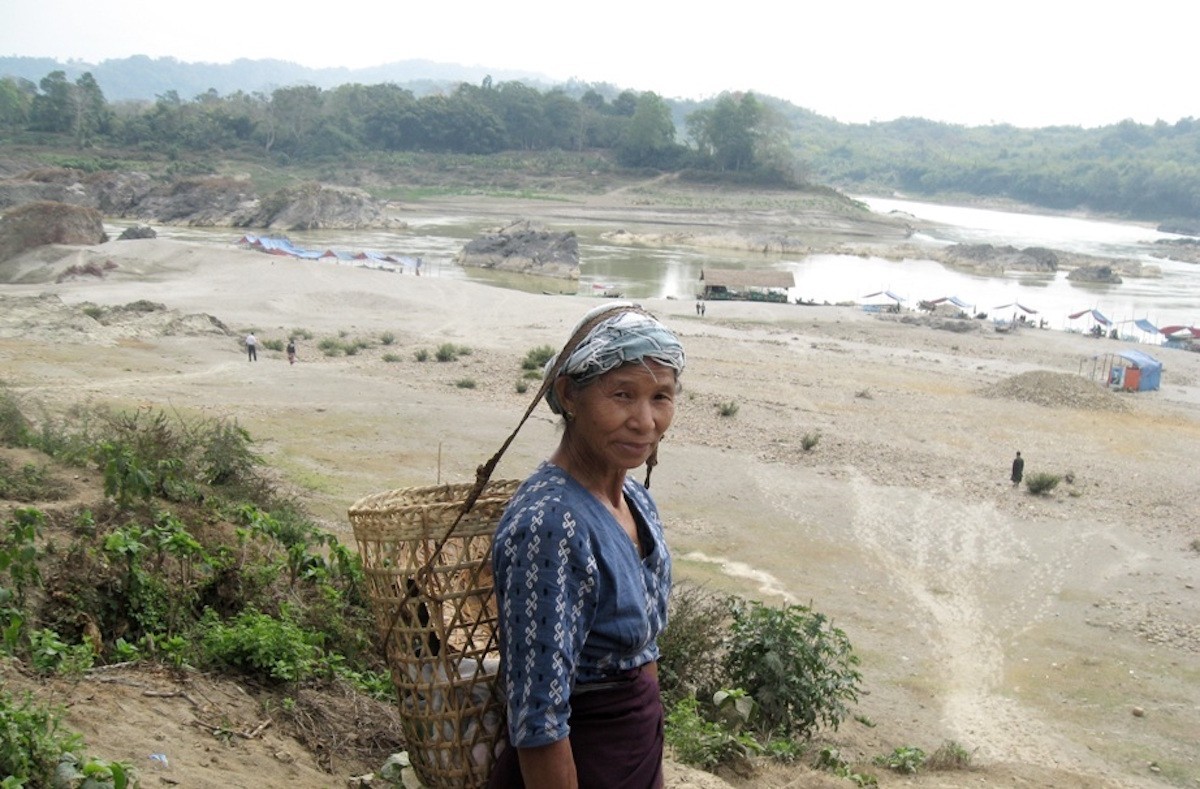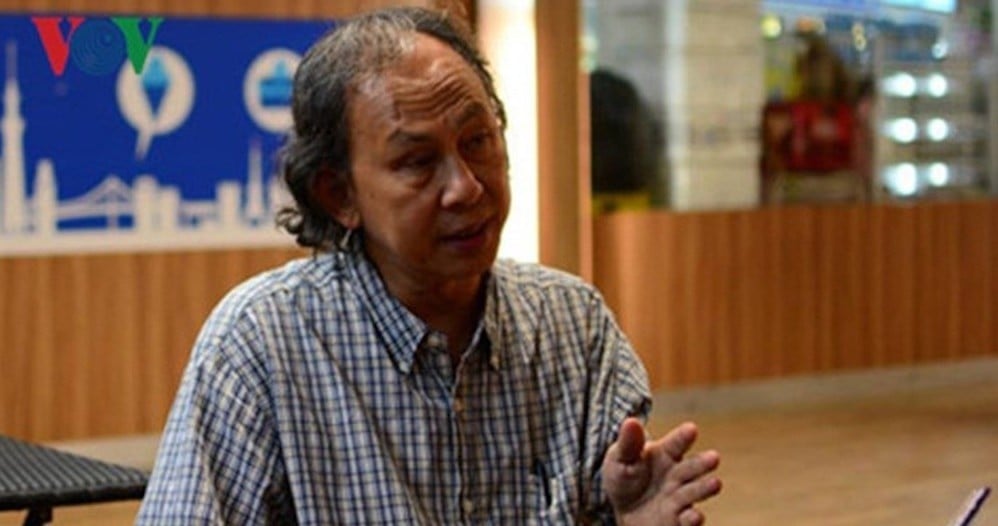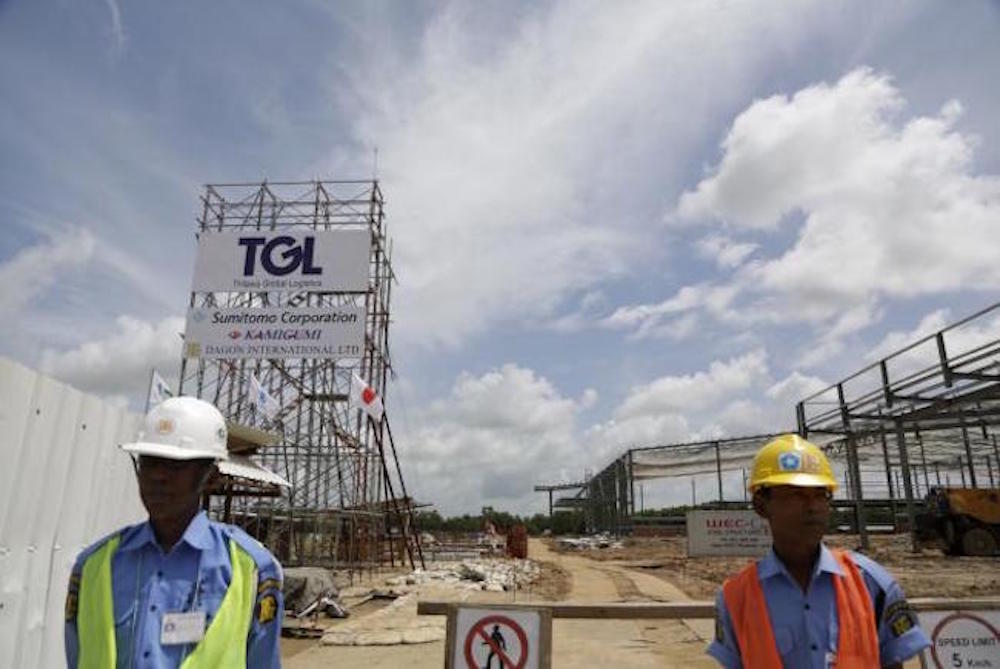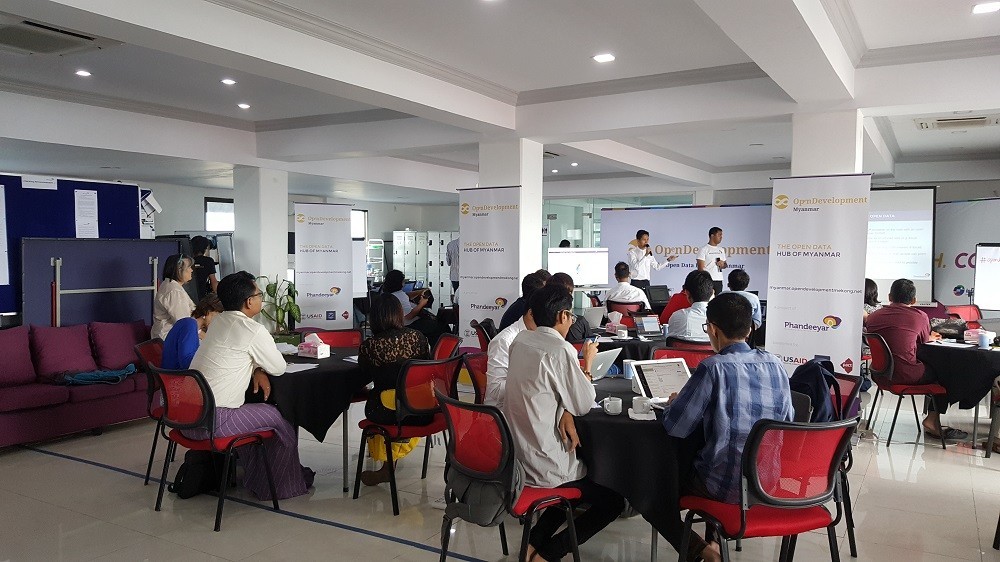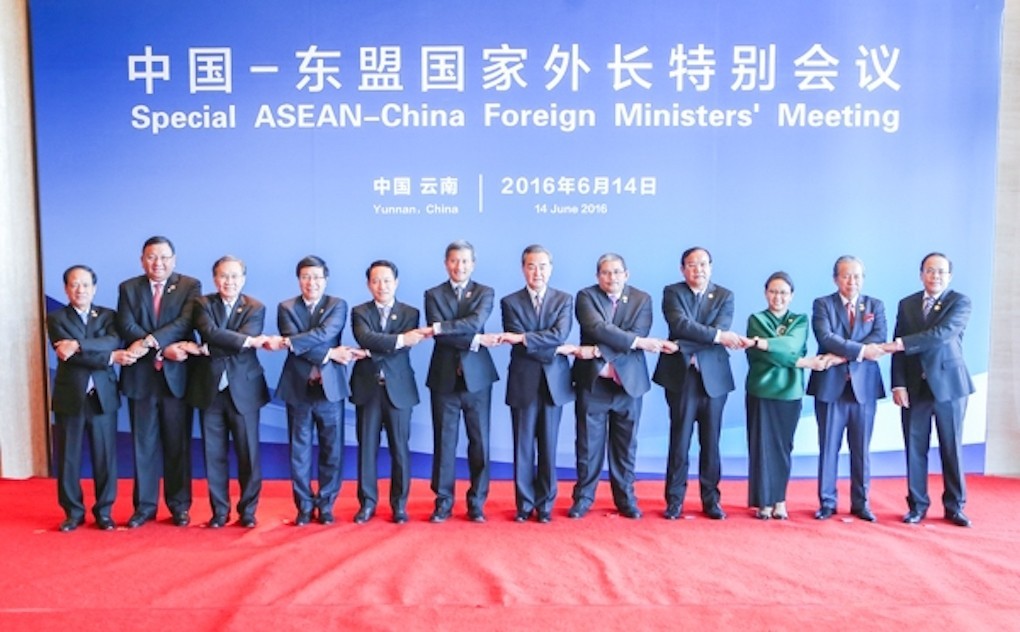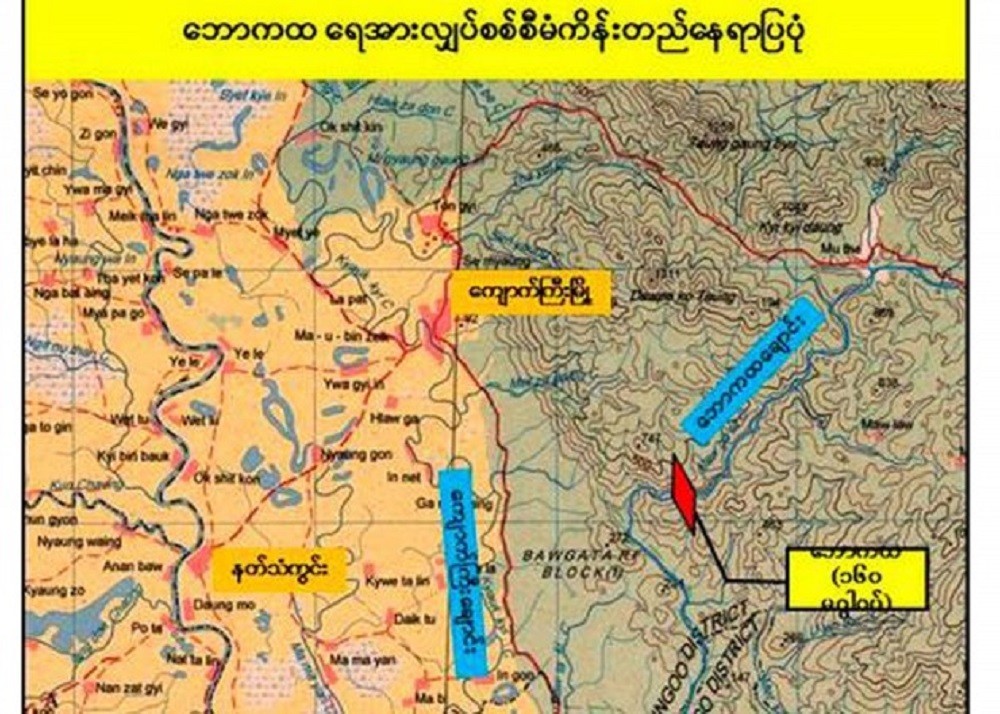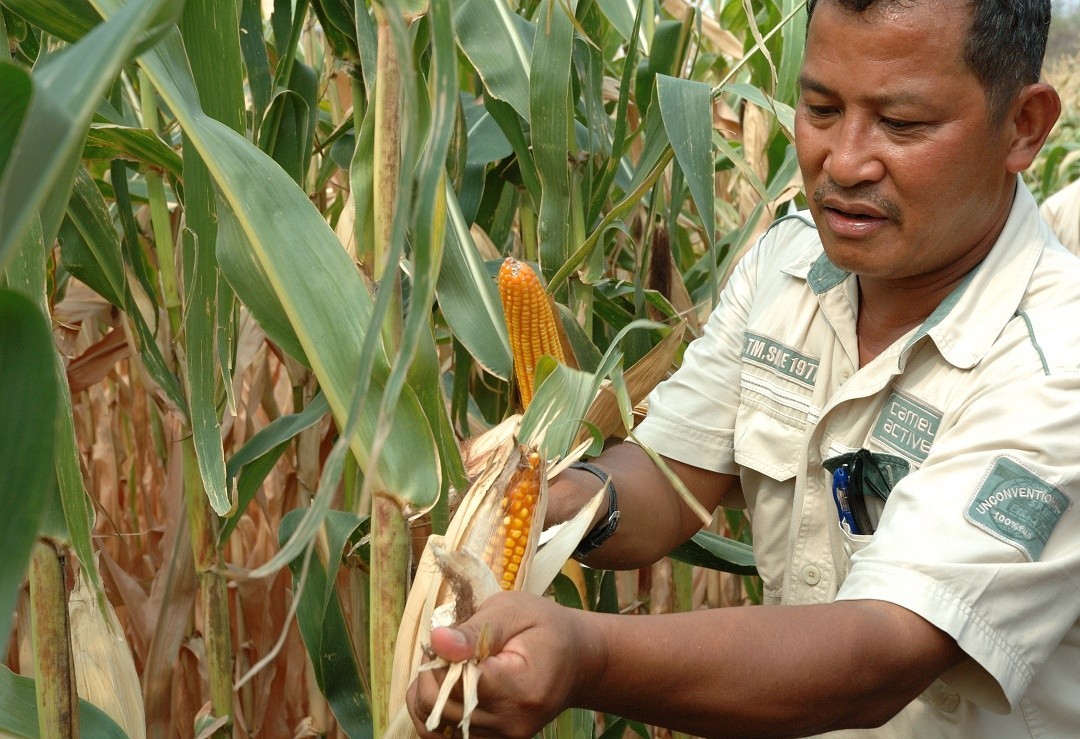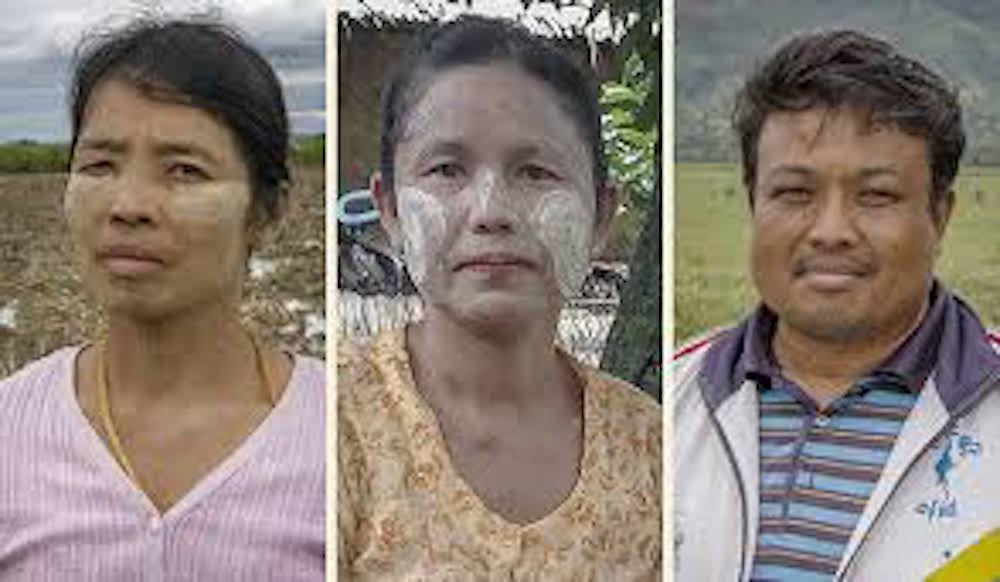In autumn 2011, waterways took on an unprecedented prominence in Burmese thinking, thanks to the great Myitsone Dam controversy.
Tag: development
Asean at 50, and Beyond
Asean is 50 years old this year. It is a true milestone for a loosely constructed regional organization created by five countries at the height of the Cold War to have come this far. Since its conception, its member countries have transformed Asean into a rules-based entity encompassing all the countries in Southeast Asia.
Plans Announced for SEZ and New Airport Terminal in Southern Rangoon
A Rangoon regional minister explained in Tuesday’s parliamentary session plans to develop an area across four townships for a special economic zone and a new airport terminal.
According to the statement by Daw Nilar Kyaw—the divisional minister for electricity, industry and transportation—Kwan Chan Gone, Letkokkon, Kawhmu and Dala townships are listed as hosting the initiative.
Open Development Myanmar Soft-Launches, Promotes Data Discussions
USAID partners have launched an innovative data portal in Myanmar. OpenDevelopmentMyanmar.net will be used to aggregate and promote key development and environmental data about Myanmar, especially data with potential regional significance. The platform is the Myanmar sub-site of the major regional open data platform, OpenDevelopmentMekong.net, which gathers and contextualizes objective data on development trends in the Mekong region.
China-Asean Economic Ties
East Asia’s economy is entering a new phase of uncertainties and challenges stemming from complex geopolitics, a weakened European Union (EU) after Brexit, domestic political unpredictability in the US and an economic slowdown in China.
To maintain economic dynamics, regional countries need to deepen and speed up social, economic and financial reforms. The region needs to continue promoting an open and inclusive regionalism.
KNU is outraged that media reports it had signed a MOU with the government to construct a hydropower dam as untrue.
The Karen National Union is outraged that media reports said it had signed a Memorandum of Understanding with the with the government to construct a hydro-power dam as untrue.
Linking rural development with SDGs
The 2030 agenda for sustainable development undoubtedly proposes an exciting vision, and promises a future of peace and prosperity; but these goals will not be easy to achieve unless we develop effective global partnerships and learn from the outcomes of Millennium Development Goals (MDG). We need to investigate both the successes and failures of MDGs, set our focus on result-oriented development, and encourage government and their development partners to think about the linkages between plan, policy, delivery and monitoring in resource mobilisation and management.
Myanmar: The great land rush
Hla Ohn May still weeps when she takes the road past the twisted white piping of the gas terminal near the western Myanmar town of Kyaukphyu. The 46-year-old farmer and mother of five once owned land on this green strip perched above the blue waters of the Bay of Bengal.
Then she and fellow villagers were bought out by a consortium, which included the state-owned China National Petroleum Corporation and the Korean conglomerate Daewoo. Kyaukphyu is now the starting point for a pair of immense Beijing-backed transnational energy pipelines, turning these wild shores into what some are calling “China’s west coast”.
The development is a big part of fast-opening Myanmar’s efforts to exploit its position at the crossroads of Asia. The lush fields where Ms Hla Ohn May and other farmers used to plant rice and beans are mere industrial landscaping now, manicured behind fences by company workers in orange jumpsuits. Ms Hla Ohn May was paid Kt2.78m ($2,250 at current exchange rates) but feels she was short-changed for giving up the only productive asset she ever had.
Open Development Cambodia new Generation 2 website launched
Open Development Cambodia, has launched its new Generation 2 website. On the new website you will find about 100 pages of briefings covering 17 development sectors, an expanded law compendium, a comprehensive listing of ELCs, new maps, and an improved map explorer, as well as the daily news summaries. This makes ODC the first country website to interface with the new regional Open Development Mekong (https://opendevelopmentmekong.net , as part of a platform expansion that will eventually include websites for all five Lower Mekong countries.
PARTNERSHIP IN ACTION Regional governments and civil society journey toward improving public participation
The 25 members represent governments and Civil Society Organisations (CSOs) from across the region. They have tasked themselves with drafting public participation guidelines to ensure communities and citizens have input into development projects such as dams, mines, transportation links or economic zones. Through drafting a regional standard on participation in EIA, the group hopes countries across the region will improve public involvement in the decision-making process.
Getting 10 civil society organisations, five governments and an array of ministries to agree on one set of guidelines will be hard. But the members are up for the challenge. They have a lot to teach each other. And are eager to learn from experiences in other countries and sectors.
We talked to a few members of the RTWG during their first official meeting in Bangkok in September to see how they felt about this challenging but exciting opportunity. Their video interviews are below.
My country, Thailand, hosted this kick-off meeting, and two of Thailand’s five members are Mr. Suphakij Nuntavorakarn, Healthy Public Policy Foundation and Ms. Chanakod Chasidpon, Office of the National Economic and Social Development Board (NESDB) of the Thai government.


